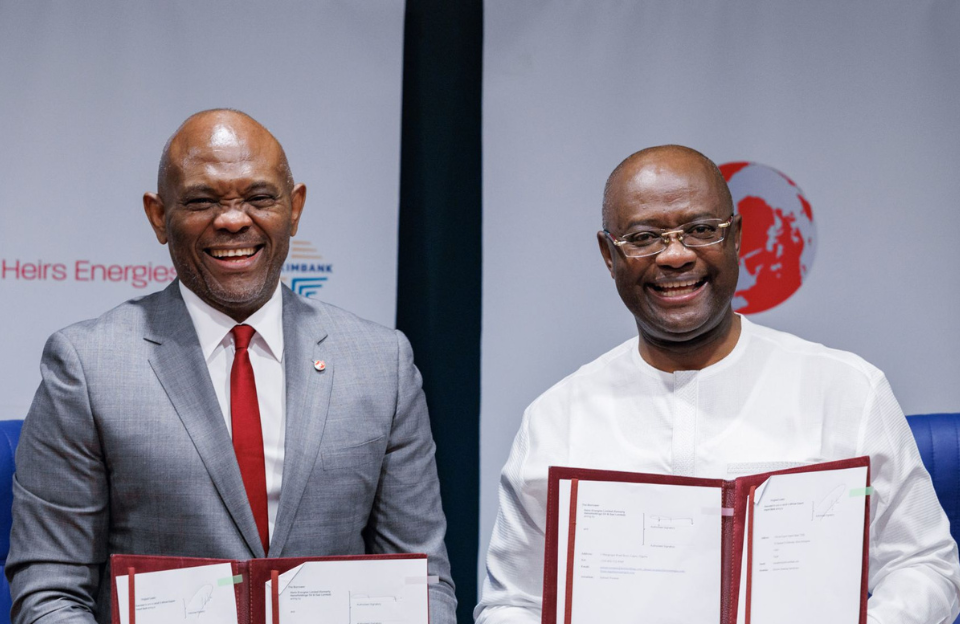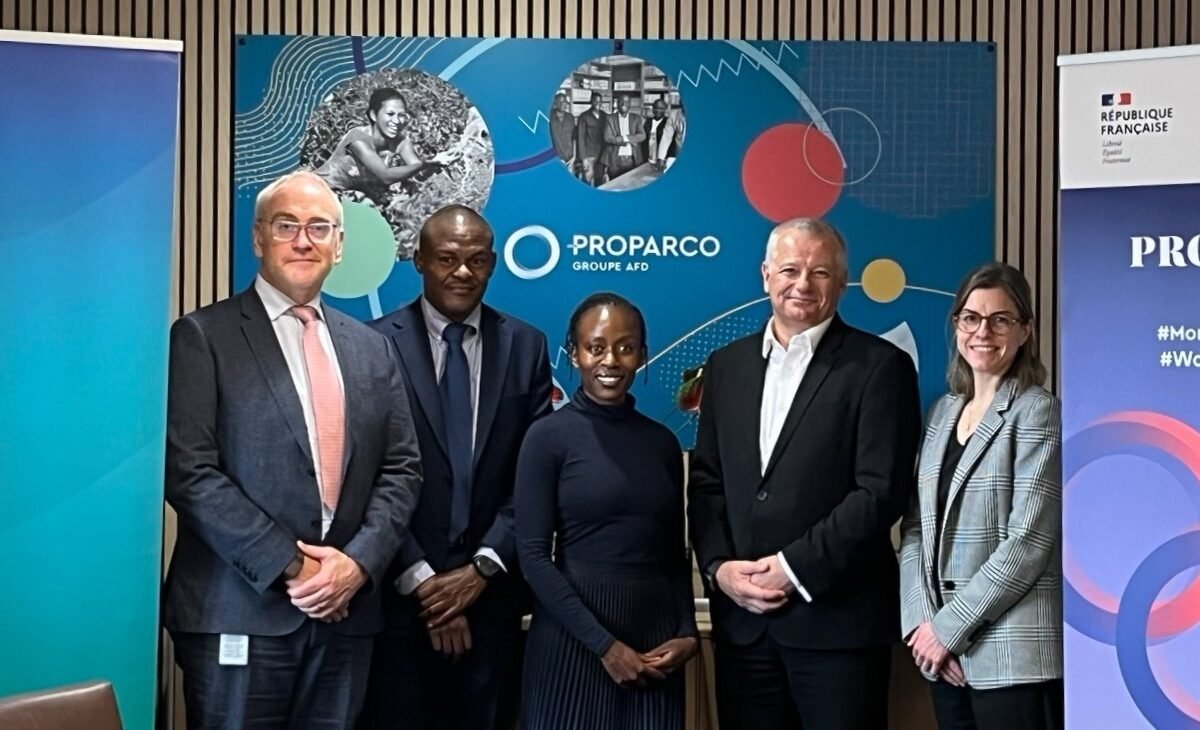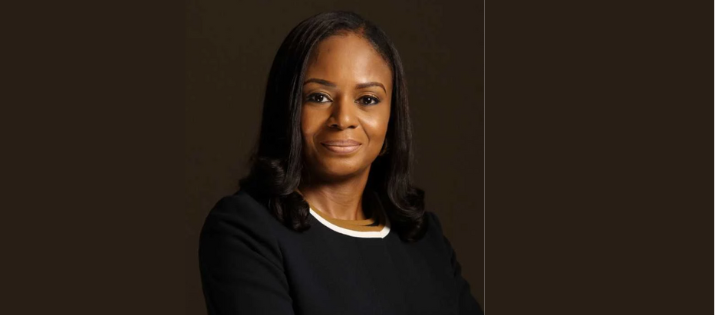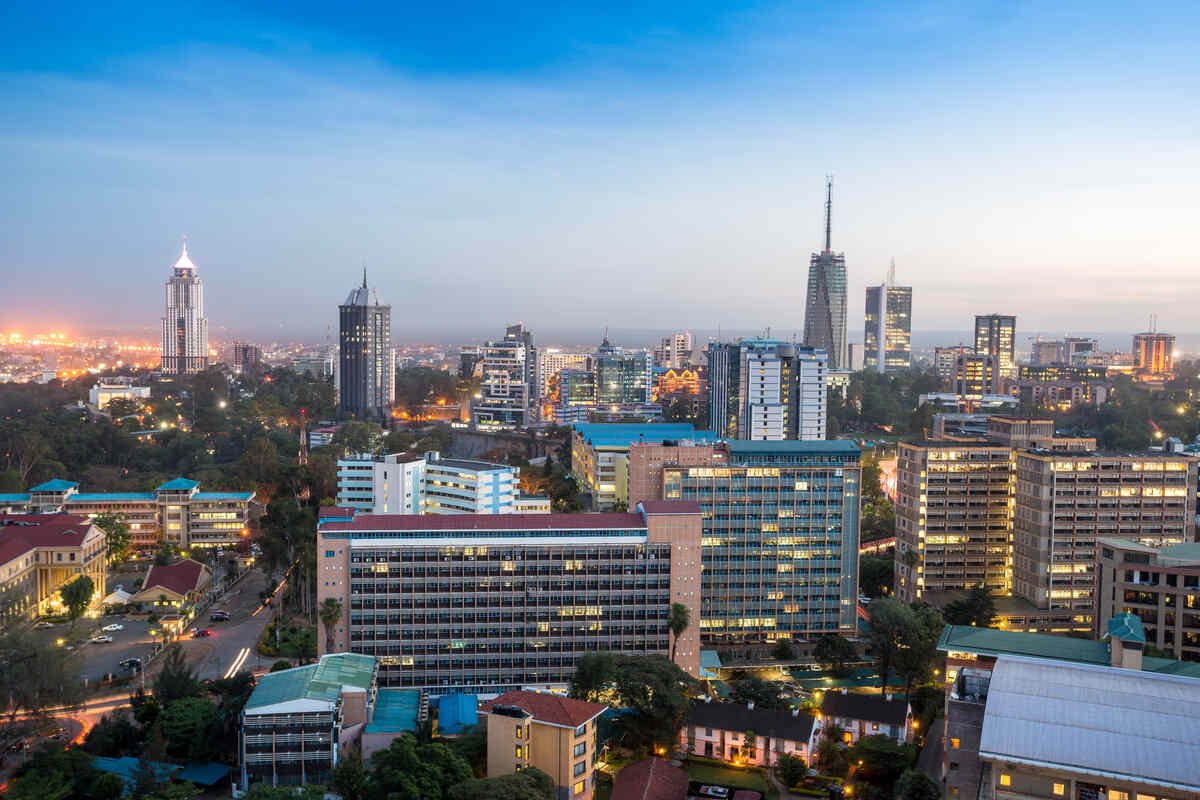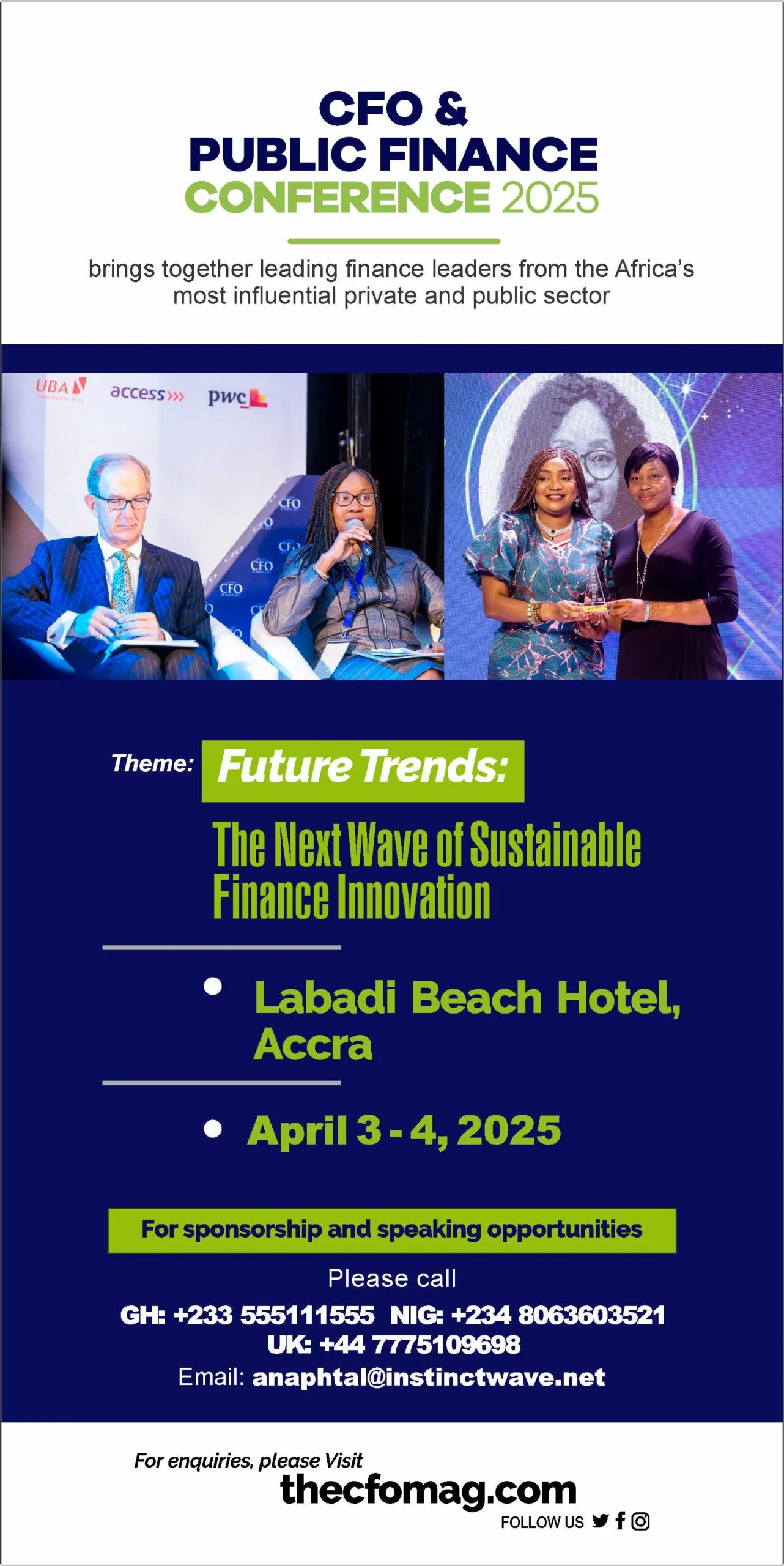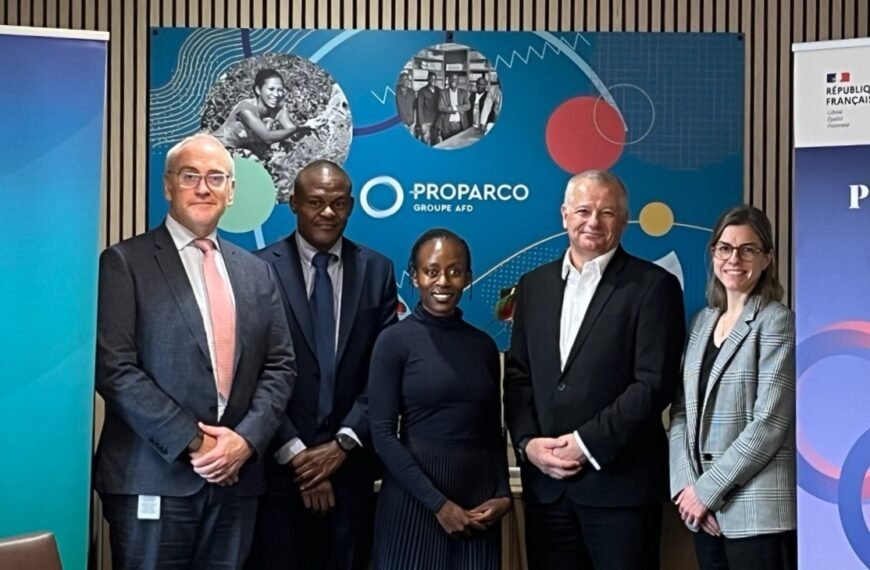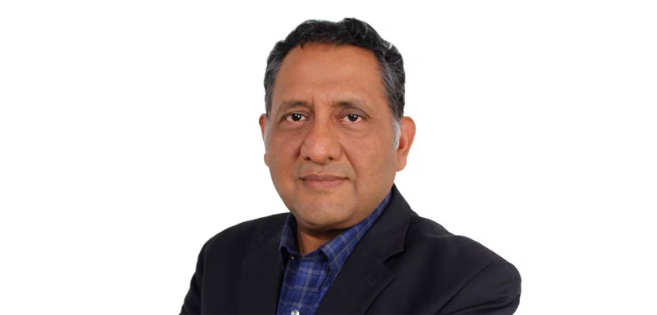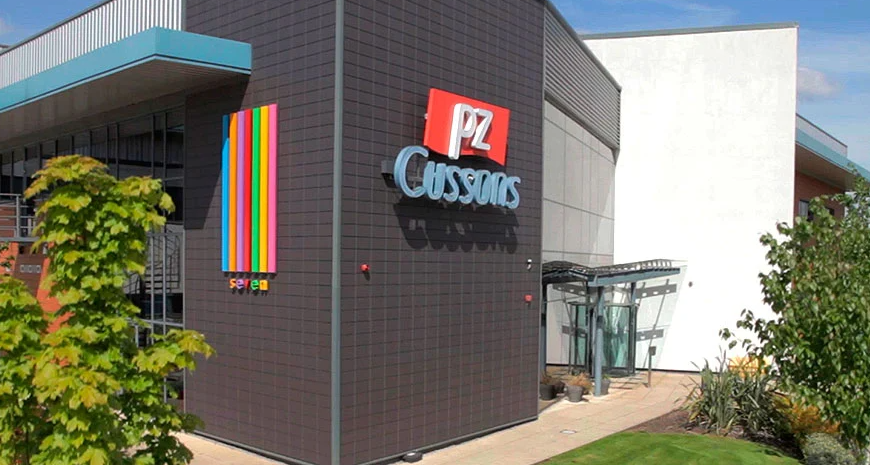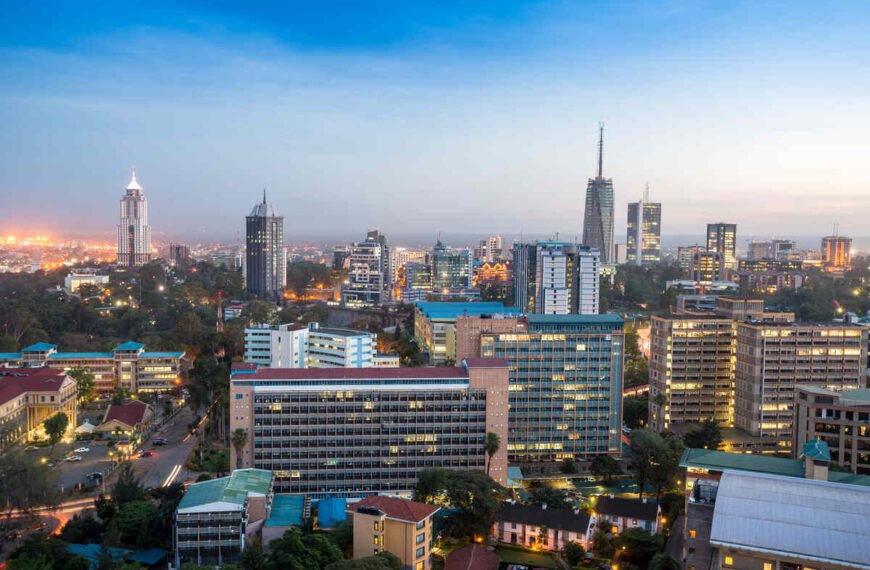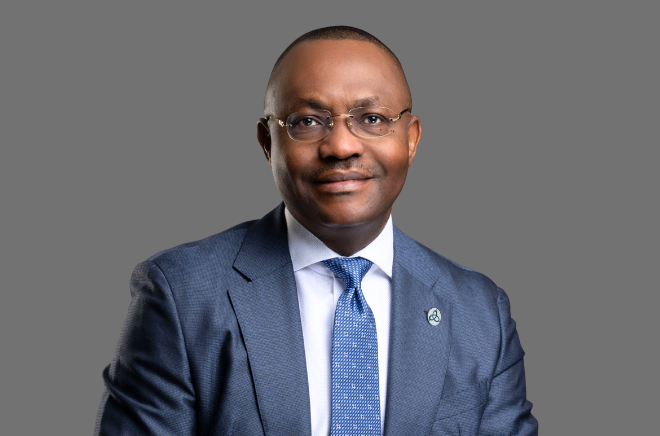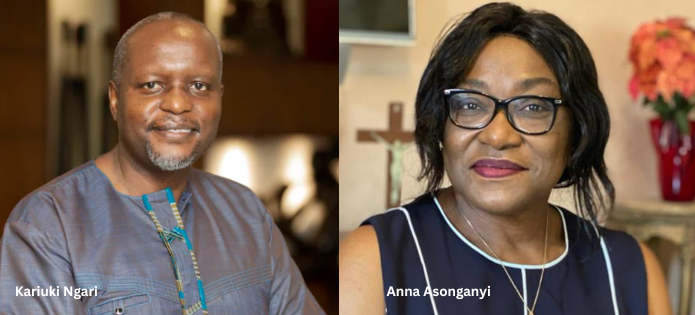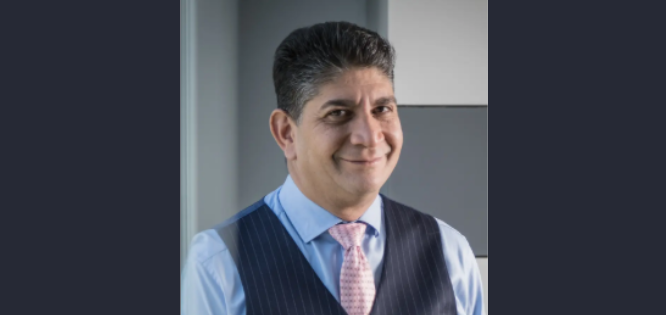
Botswana ranks 4th as having the fastest internet in Africa
SpeedChecker, a Quality of Service and Quality of Experience Data Company aimed at helping telecoms and regulators make their internet infrastructure better and more available to everyone, released a report on user experience recently which revealed that Botswana has the 4th fastest internet in Africa.
The company collects real end user experience through its passive and active measurement technology, combined with unique regional and global partnerships with different applications.
The survey, which was conducted in Botswana in September 2021 with a total number of 19,537 samples, confirmed the results of the first conducted survey early this year in February 2021. The surveys were conducted with the aim to benchmark operators on the user experience.
According to the survey, the User Experience on Mobile networks in Botswana is as follows:
Botswana ranks number 4 out of the 24 countries that were surveyed in Africa in terms of download speed, with Morocco in the lead, Tunisia second and Mali ranking 3rd 2. 3G and 4G – Orange is the fastest with 4G download speed of 20.5Mb/s and 3G download speed of 9Mb/s
In 2015 the country was ranked as the 3rd in the SADC region. Granted, the country is ranked a bit too low (109 out of 144 countries surveyed for the 2015 Global Competitiveness Report), but the country beats all Southern African Development Community (SADC) countries, save for Mauritius (76) and Seychelles (77) said a report back then.
TeleGeography’s Global Bandwidth Forecast Service had forecasted that the percentage of Africa’s international internet connections will grow by 45 percent between 2015 and 2021.
Some 256 kbit/s per subscriber is a yardstick for the amount of international bandwidth per subscriber. The official definition of ‘international internet bandwidth’ is the contracted capacity of international connections between countries for transmitting internet traffic.
“It basically means the number of devices connected to the internet per person,” says Seganeleng Matale, a computer programmer during the 2015 survey. He attributes the ranking to the rise in the use of smart devices besides traditional internet-connecting devices – personal computers and laptops.
“Nowadays people have smart phones, pads and personal digital assistants. There’s also exponential growth of public Wi-Fi hotspots – such as the ones in local universities, shopping malls and the Gaborone bus rank – where secondary school or university students who cannot afford Internet bundles on their devices can easily access the internet,” says Matale who is the Managing Director of Metamorphosis Technologies.


